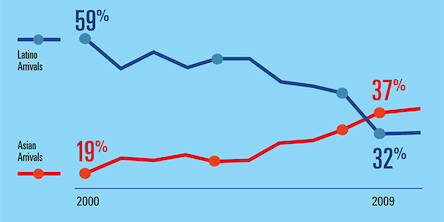National Academies Press
The National Academies Press (NAP) publishes the publications of the National Academies of Sciences, Engineering, and Medicine. NAP publishes more than 200 publications per year on a wide range of topics in science, engineering, and medicine, providing authoritative, independently researched information on important matters in science and health policy.







